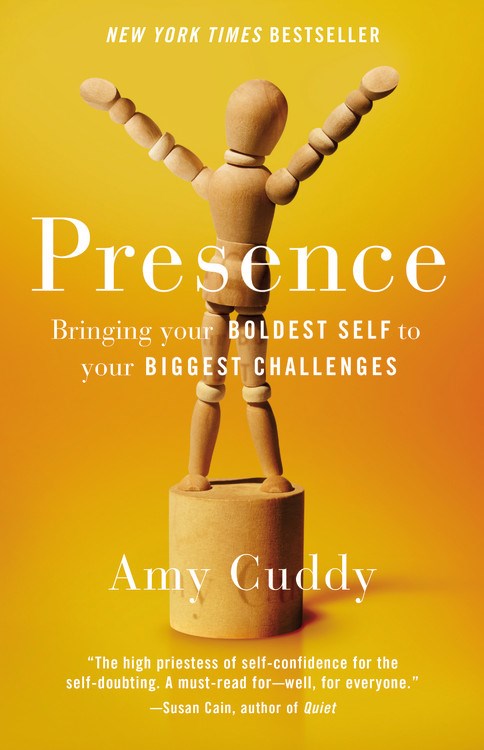Jack Covert Selects - Flex
Flex: The New Playbook for Managing Across Differences by Jane Hyun and Audrey S. Lee, HarperBusiness, 336 pages, $27.99, Hardcover, March 2014, ISBN 9780062248527
The differences in our office are likely not as obvious as those in a more diverse company, but if you look closely the differences are there. One of our employees is from Minnesota, and grew up with an accommodating “keep your head down” mentality that makes it hard for her to ask for what she needs. Two of our employees are brothers who had the same values and methods of communicating instilled in them as children, yet on the outside are very different people whose similarities might be hard to spot. I could go on and on, but the point is that every leader can benefit from reading Jane Hyun and Audrey Lee’s new book, Flex: The New Playbook for Managing Across Differences, because difference, even when not obvious, should be acknowledged as well as embraced. Refusing to recognize and reach across “the power gap” that differences create is a sure way to lose top talent or underutilize the talent you have.
“Flexing,” the authors make clear, is not the same as identifying and valuing strengths, which is the far more common approach to employee fulfillment and organizational progress. It’s about seeing what you might not understand (or personally experience) as an asset, not a detractor. Each author opens the book with a personal story of how growing up with rather regimented Chinese values influences how they communicated in the workplace. And Lee, in particular, acknowledges that her success right out of college was dependent upon a leader who reached out to her rather than assuming she would assert herself, something she was not raised to do.
But the authors are clear: some people just aren’t comfortable talking about difference because the hegemony underlying our culture insists that we are supposed to be blind to difference, not attentive to it.
Talking about difference is hard. It’s imperative that we develop a shared vocabulary for talking through difference in a productive way so that we can initiate these basic and necessary conversations. It’s the first step toward fully understanding one another’s perspective and positions.
Leaders who become “fluent” in talking about difference are not only a boon for their current organizations, but are also those leaders who will help bring about innovation, because valuing cultural, gender, and generational difference among our employees is the first step to using that difference to inform our products and services to appeal to the many, and not just the some. Flex will make you aware of the strength of differences, and it will make you better able to lead amongst them.

